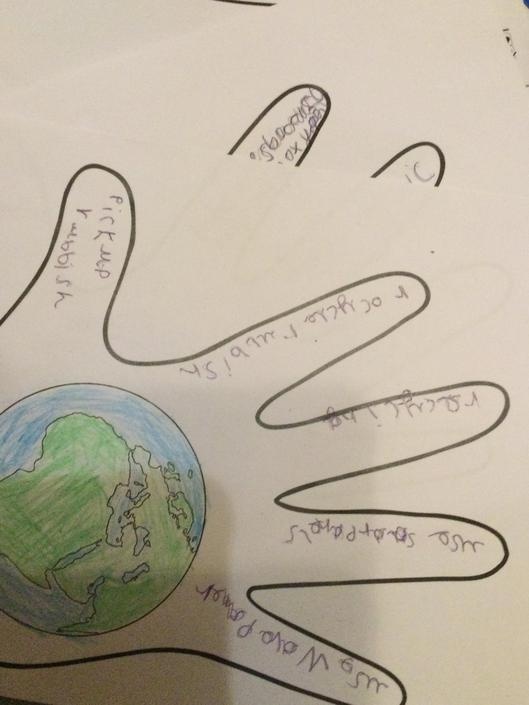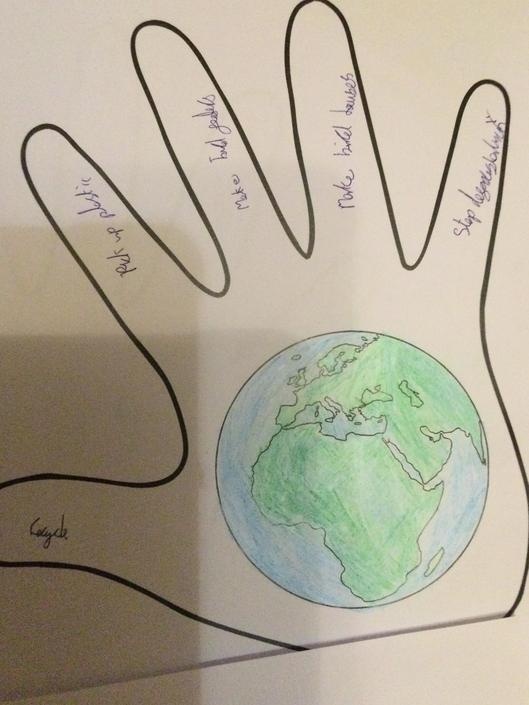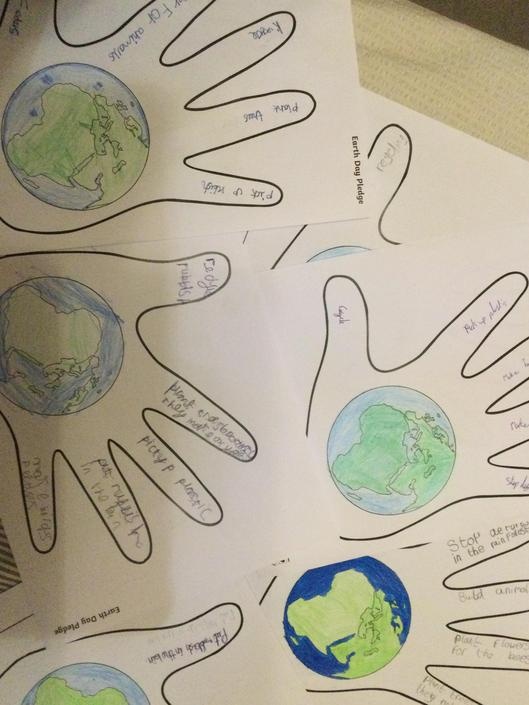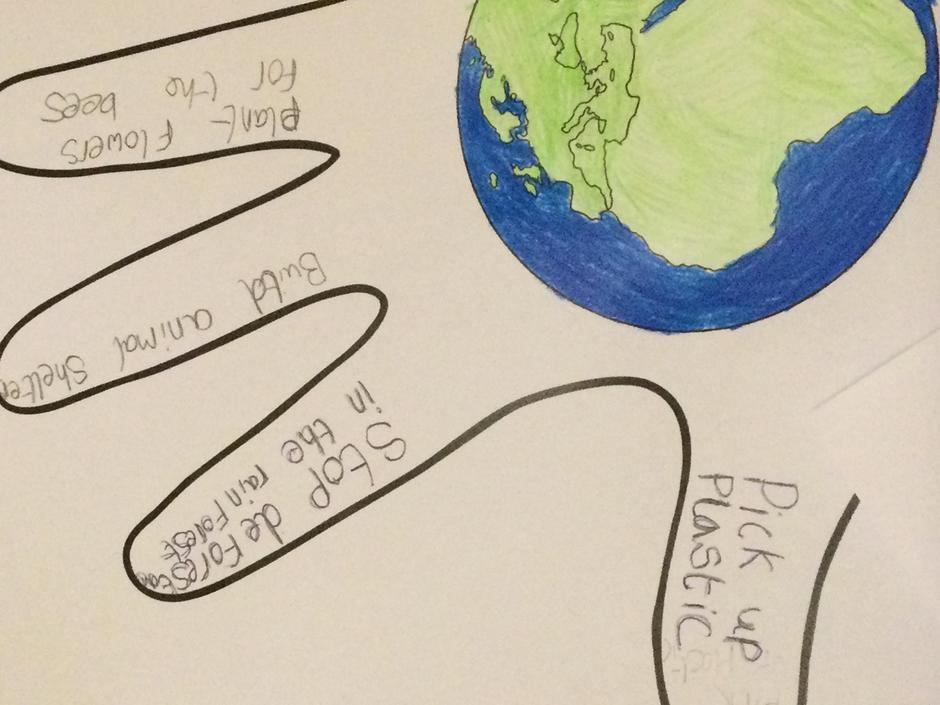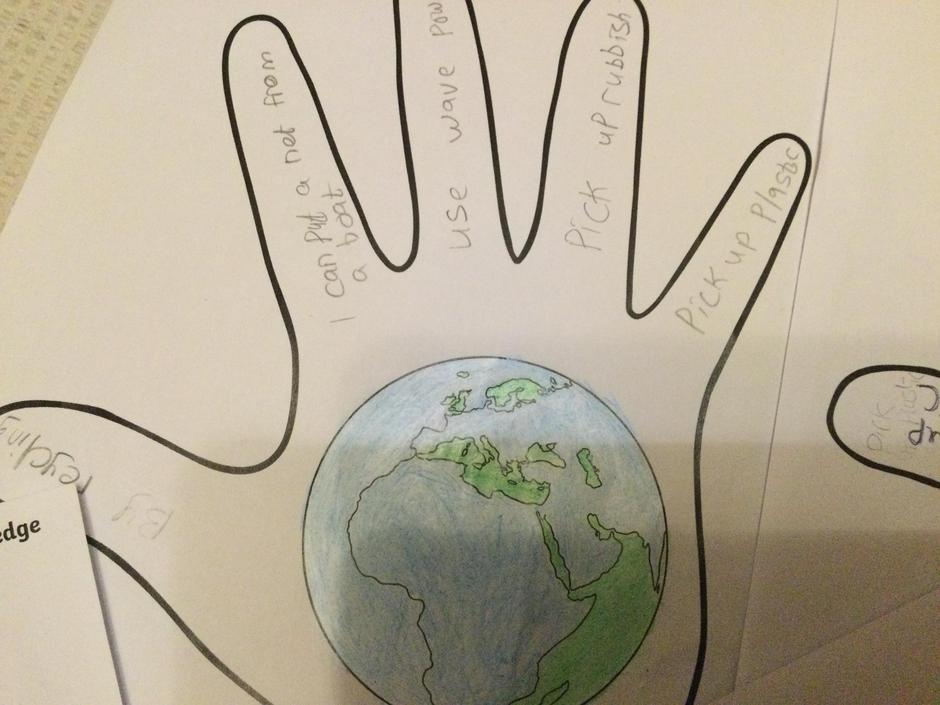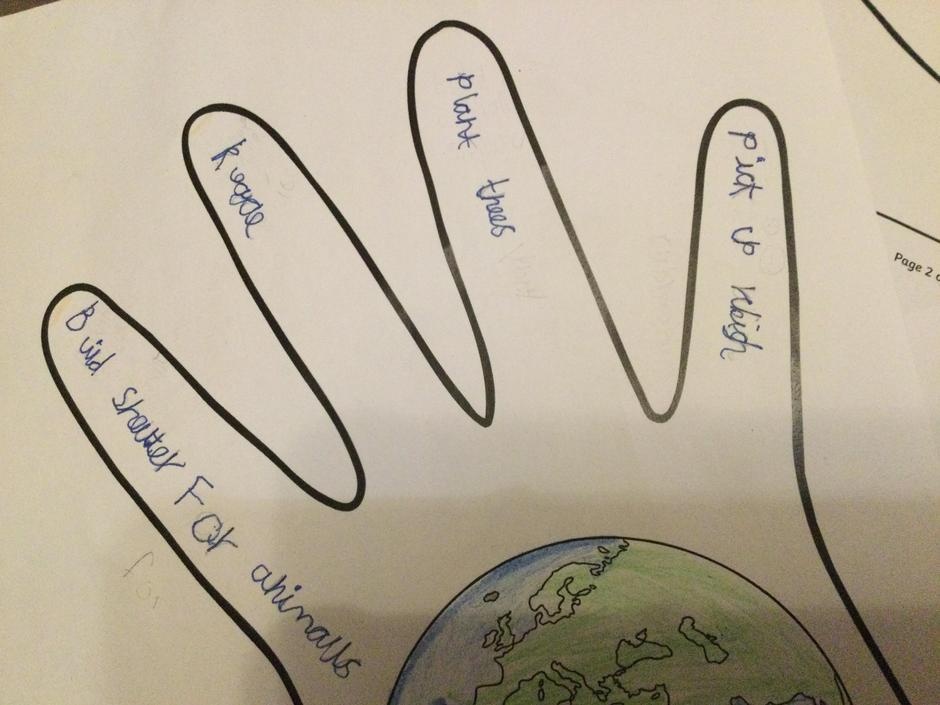Geography
Geography is an essential part of the curriculum, it provides a means of exploring, appreciating and understanding the world in which we live and how it has evolved. Geography explores the relationship between the Earth and its people through the study of place, space and environment. It contributes to the cultural, social, spiritual and moral life of children as they acquire knowledge of a range of different cultures and traditions, and learn tolerance and understanding of other people and environments Geography is the subject in which pupils learn the skills of understanding a locality and how and where people fit into its overall structure. Developing geographical skills is essential as children live in a world that is wide open to them. With opportunities to travel and work in different cities and countries across the world, pupils need to use efficiently maps, charts and other geographical data. The opportunities for the children to carry out geographical enquiry are also of value.
The teaching of Geography would be difficult without acknowledging the future of our planet. The Geography Curriculum places great importance on the interaction between the physical and the human environment. Many areas of study give opportunities to make children aware of these effects upon their surroundings, their own responsibilities and how they can contribute to improving the environment, however small that contribution might be.
Intent
At Swalwell Primary we believe that Geography helps to provoke and provide answers to questions about the natural and human aspects of the world. Children are encouraged to develop a greater understanding and knowledge of the world, as well as their place in it. The geography curriculum at Swalwell Primary enables children to develop knowledge and skills that are transferable to other curriculum areas and which can and are used to promote their spiritual, moral, social and cultural development. Geography is, by nature, an investigative subject, which develops and understanding of concepts, knowledge and skills. We seek to inspire in children a curiosity and fascination about the world and its people which will remain with them for the rest of their lives; to promote the children’s interest and understanding of diverse places, people, resources and natural and human environments, together with a deep understanding of the Earth’s key physical and human processes. The curriculum is designed develop knowledge and skills that are progressive, as well as transferable, throughout their time at Swalwell Primary and also to their further education and beyond.
Implementation
Geography at Swalwell Primary is taught in blocks throughout the year, so that children can achieve depth in their learning. Teachers have identified the key knowledge and skills of each blocked topic and consideration has been given to ensure progression across topics throughout each year group across the school.
At the beginning of each topic, children are able to convey what they know already as well as what they would like to find out. This informs the programme of study and also ensures that lessons are relevant and take account of children’s different starting points. Consideration is given to how greater depth will be taught, learnt and demonstrated within each lesson, as well as how learners will be supported in line with the school’s commitment to inclusion.
Cross curricular outcomes in geography are specifically planned for, with strong links between other subjects identified, planned for and utilised. The local area is fully utilised to achieve the desired outcomes, with extensive opportunities for learning outside the classroom embedded in practice.
Impact
Outcomes in topic books, evidence a broad and balanced geography curriculum and demonstrate children’s acquisition of identified key knowledge. Children review their successes in achieving the lesson objectives at the end of every session. As children progress throughout the school, they develop a deep knowledge, understanding an appreciation of their local area and its place within the wider geographical context.
Inclusion
As an inclusive school, we recognise the need to tailor our approach to support children with Special Educational Needs as well as those who are identified as benefitting from further enrichment and challenge. At Swalwell Primary we teach Geography to all children, whatever their ability. Geography forms part of the school curriculum policy to provide a broad and balanced education for all children. Through our Geography teaching we provide learning opportunities that match the needs of children with learning difficulties and we take into account the targets set for individual children.
Geography provides excellent opportunities to enhance the learning of pupils who are identified as benefitting from further enrichment and challenge through the development of higher order thinking skills, creativity and self-expression.
Geography Champions
We currently have 6 Geography Champions, who support their peers, promote confidence within Geography, discuss plans and ideas for the subject, share their views and help to deliver assemblies.
Their first project will be to work with Groundwork NE to look at recycling within school and the local community.
Work with Groundwork NE
Laura from Groundwork NE delivered a whole school assembly about the 3 R's - reduce, recycle, reuse.
This was followed by a workshop for the Geography and Science Champions the following week.
During this children looked at the symbols on packaging to see what can be recycled and what would need to be disposed of in the general waste bin.
Pupils then reused plastic bottles to make bird feeders for the school grounds.
Our next challenge is to make posters about the 3R's and advertise our battery recycling point within school.
Stay tuned for exciting news for our Geography Champions in the Autumn Term!
Enhancements to the Curriculum
Earth Day
On Saturday 22nd April, Earth Day was celebrated across the world.
Swalwell Primary participated in this important day during the week leading up to the date.
Each class began with an age-appropriate assembly and lots of discussion about the issues raised.
There were then a variety of activities for the pupils to explore the issues further. amongst them were crafts to make the Earth, artwork and pledges as to how to promote sustainability and what we could do to prevent global warming and support nature in our local environment.

